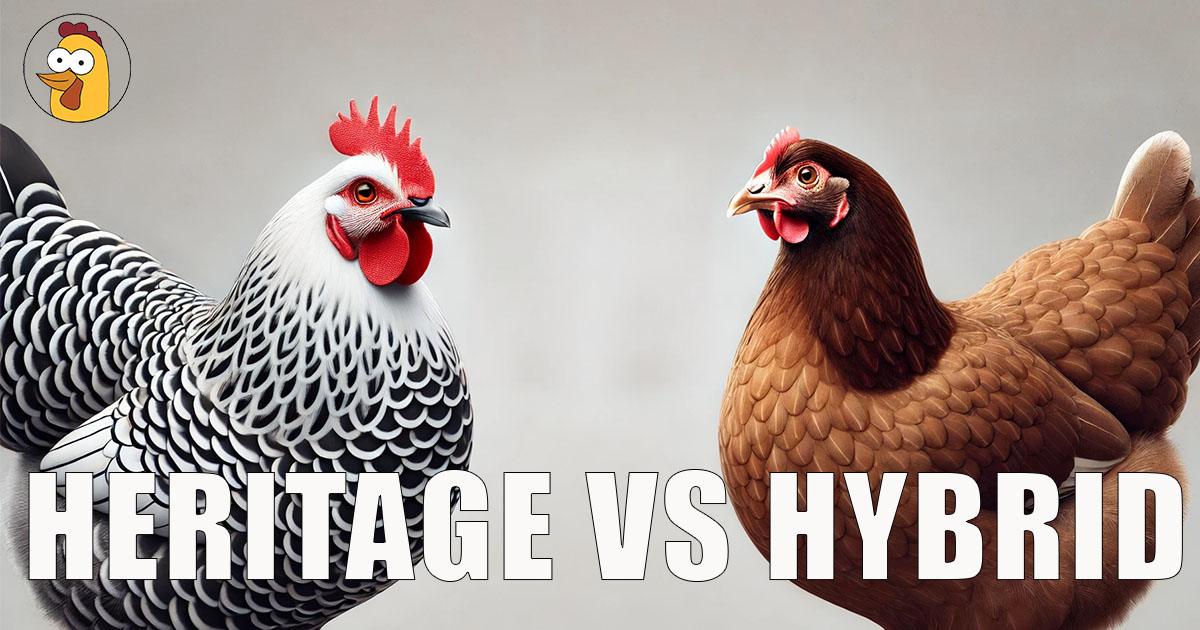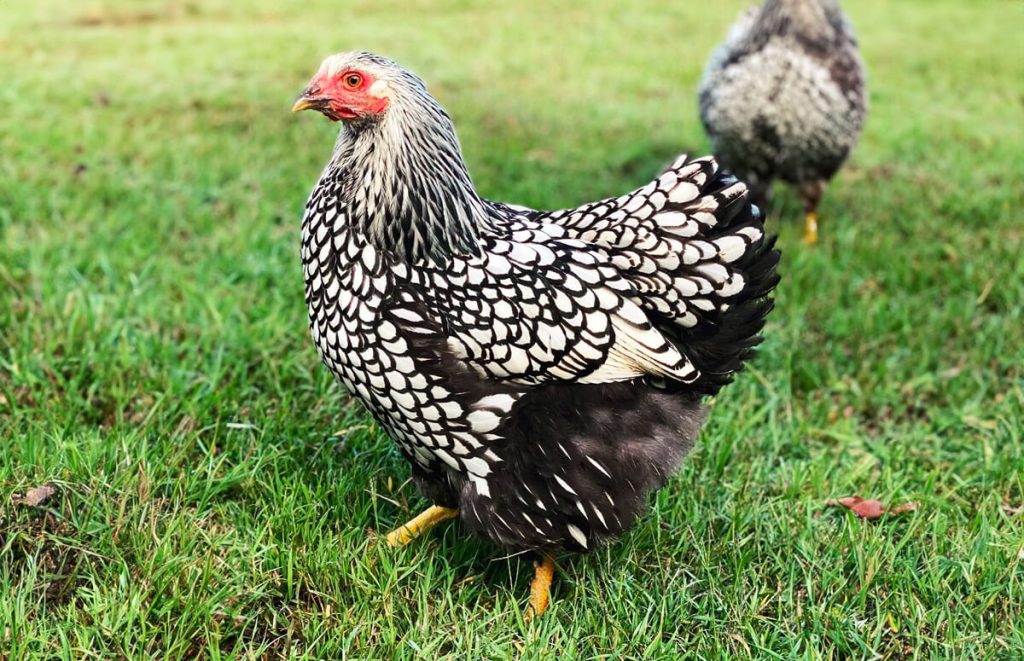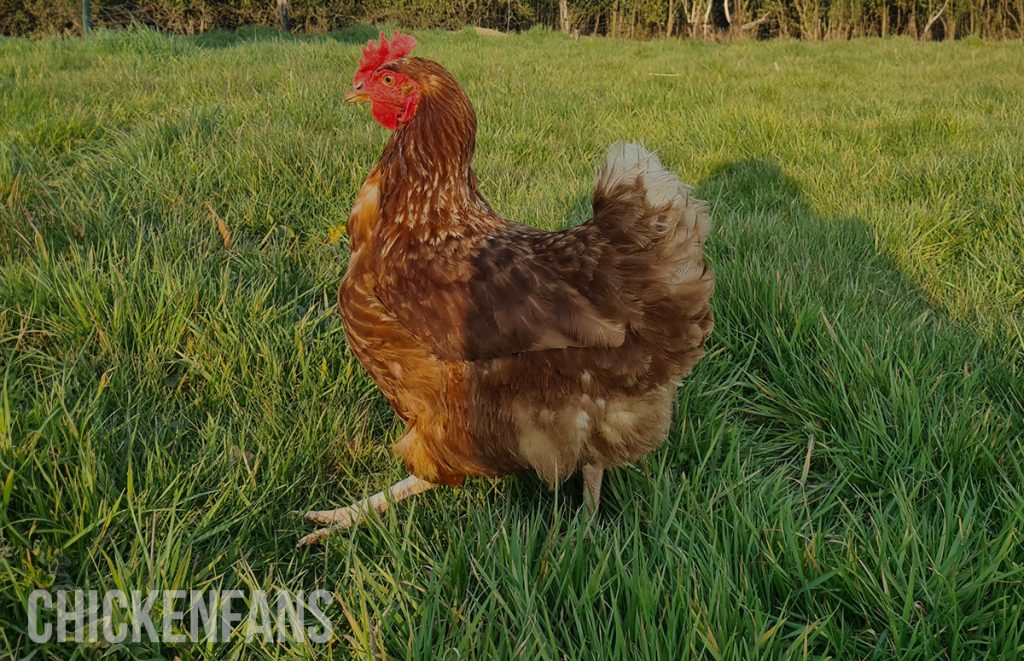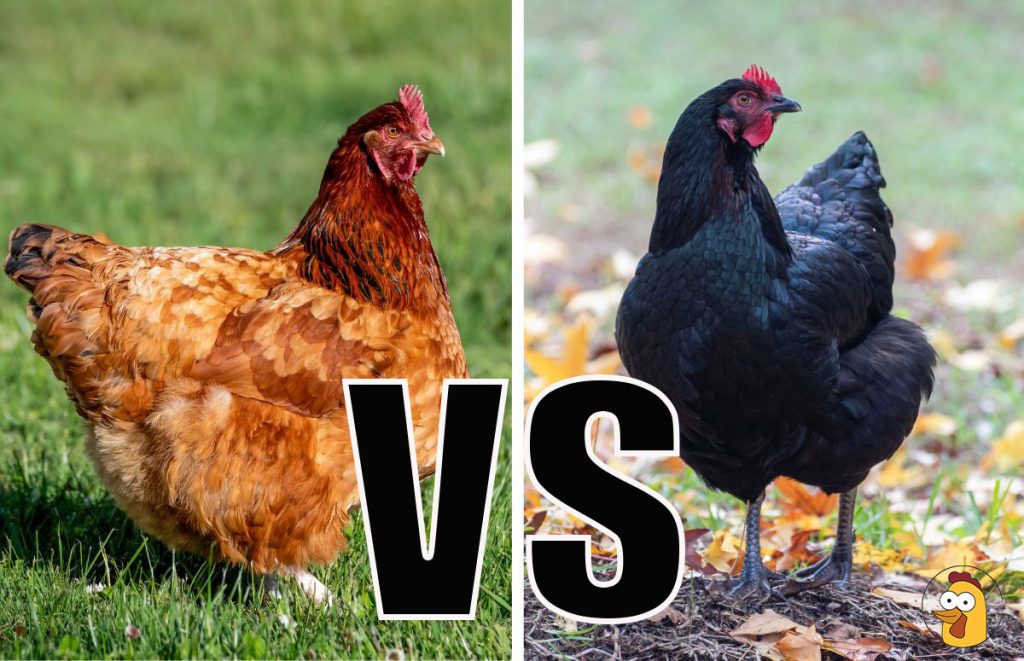Are Heritage Breeds Truly Superior To Hybrids?

What’s in your coop? You’ve likely faced the hotly contested decision: heritage breeds or hybrid chickens? This isn’t just about choosing the prettiest chicken—your choice impacts everything from egg production to lifespan. What side are you on?
Let’s get this heated debate started!
Heritage Breeds: Pros and Cons
Heritage chicken breeds adhere to specific standards that have been in place for several decades, examples are the Wyandotte, Rhode Island Red, and Silkies.
These breeds are celebrated for their rich history and role in preserving genetic diversity. Proponents of heritage breeds argue that these chickens are generally healthier, live longer, and exhibit more natural behaviors compared to their hybrid companions.

However, heritage breeds often require more time to reach sexual maturity and may not lay as many eggs as hybrids.
Their feed-to-egg conversion ratio is typically lower, making them less economical for those primarily interested in production efficiency.
Hybrid Chickens: Pros and Cons
On the flip side, hybrid chickens, which result from crossbreeding to enhance certain desirable traits, are lauded for their superior productivity.
Common examples of hybrid chickens are the ISA brown, Cinnamon Queen, Golden Comet, and many more.

These breeds typically lay more eggs and grow faster, making them a favorite among commercial poultry businesses and chicken keepers focused on output.
Yet, hybrids often face criticisms regarding their health.
Their accelerated growth and high productivity can lead to health problems like heart issues and skeletal disorders.
Moreover, hybrids generally have a shorter lifespan and tend to lay well only in the initial years. In contrast, heritage breeds often continue laying eggs into older age.
What Do the Experts Say?
Experts remain divided.
Some agronomists and poultry scientists advocate for hybrids’ efficiency and economic benefits, especially in meeting global food/egg production needs.
Hybrid chickens are important because they help produce many eggs and meat quickly, which is needed to feed everyone on this planet.

But if you’re raising chickens in your backyard, you might prefer heritage breeds or a mix of both types.
Either way, you won’t have to worry about running out of eggs.
Heritage breeds might take longer to start laying, but they keep producing eggs for a longer time, balancing out the early boost from hybrids.
The Bottom Line
So, are heritage chicken breeds truly superior to hybrids? The answer might depend more on the keeper’s goals and values than clear-cut distinctions in breed superiority.
Whether it’s the charm and history of the heritage breeds or the robust productivity of hybrids, each category offers unique benefits and downsides.























